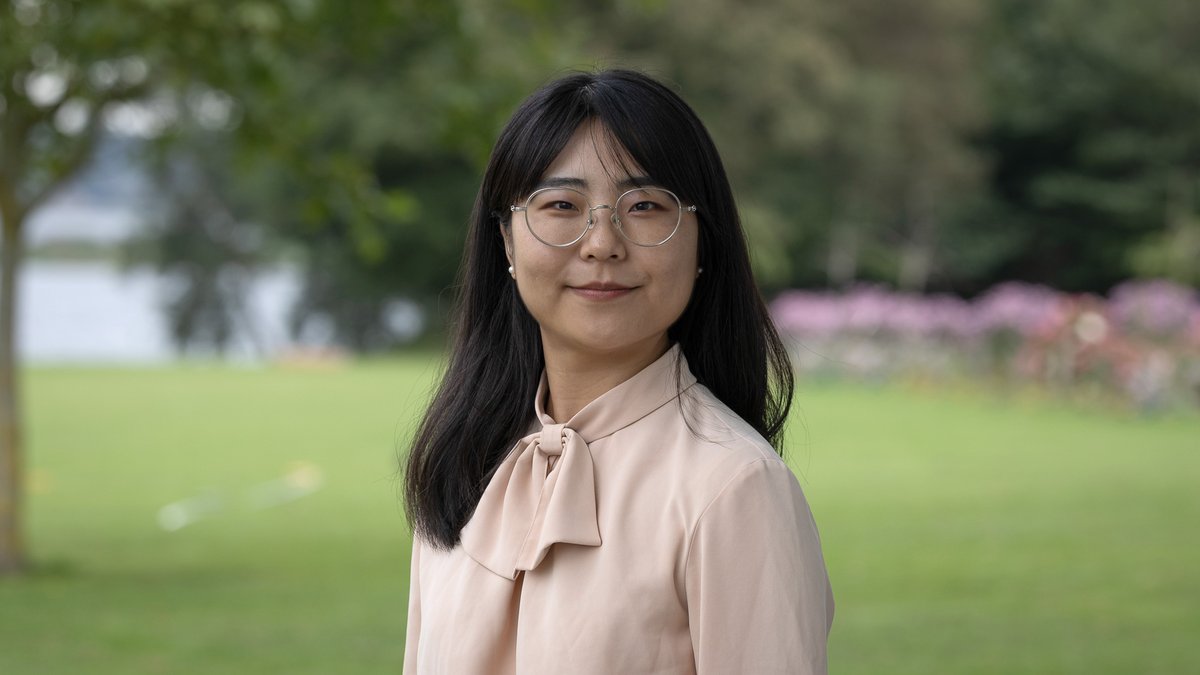Cong Liu - Postdoctoral Fellowship 2025
Project summary:
STINGing Away Atherosclerosis: The Role of IFN-Driven Endothelial Activity
This project aims to investigate the role of endothelial cells (ECs) in modulating atherosclerosis development, with a focus on inflammatory STING–IFN-I pathway. We hypothesize that inhibiting this pathway in ECs will reduce endothelial inflammation and slow atherosclerosis progression, potentially offering a novel anti-inflammatory therapeutic strategy for atherosclerotic cardiovascular disease (ASCVD).
Project Title
STINGing Away Atherosclerosis: The Role of IFN-Driven Endothelial Activity
Background
Lipid-lowering therapies reduce ASCVD incidence, but unresolved inflammation sustains residual risk. While inflammation research has traditionally focused on immune cells, ECs are now recognized as critical contributors to disease progression. We recently discovered that ECs exhibit unexpected immunomodulatory properties, displaying a robust IFN-I signature upon STING activation—a response typically associated with immune cells.
Aim
Building on these findings, we aim to explore the potential of targeting the endothelial STING-IFN-I pathway as a novel anti-inflammatory strategy to further reduce ASCVD incidence.
Methods
To elucidate the role of the endothelial STING-IFN-I pathway in atherosclerosis, we will use unique EC-specific knockout mouse models developed in-house. Additionally, to assess the therapeutic potential of targeting this pathway, we will design nanoparticles for EC-targeted inhibition of STING-IFN-I signalling.
Preliminary results
Our recent in vitro studies confirmed that STING activation in ECs triggers IFN-I signalling, leading to an inflamed EC phenotype characterized by upregulated VCAM-1 and ICAM-1 expression and increased secretion of the proinflammatory cytokine CXCL10. These findings underscore the pivotal role of the STING–IFN-I pathway in driving endothelial inflammation.
Perspectives
This project will uncover novel inflammatory pathways governing atherosclerosis development, potentially identifying highly effective therapeutic targets for preventing and treating cardiovascular diseases. By targeting endothelial-specific mechanisms, we aim to advance the development of precision anti-inflammatory therapies that address the unresolved burden of ASCVD.

Cong Liu
- MSc and PhD
- Aarhus University, Department of Biomedicine
Main supervisor:
Joanna Maria Kalucka, Associate Professor, Department of Biomedicine, Aarhus University & Steno Diabetes Centre Aarhus, Aarhus University Hospital
Co-supervisor:
Professor Jacob Fog Bentzon, Department of Cardiology, Aarhus University Hospital & Institute of Clinical Medicine, Aarhus University